Best Tools for Remote Software Development Teams in 2024
With the rise of remote work, the need for effective tools for managing distributed software development teams has never been higher. From communication to project management, code collaboration, and debugging, the right tools help streamline workflow, foster collaboration, and ensure seamless development processes. Here, we explore some of the best tools for remote software development teams in 2024 that can enhance productivity, improve team communication, and optimize project delivery.
1. Communication Tools
Effective communication is the foundation of successful remote work. The following tools provide various methods for seamless communication:
a. Slack
Slack has become an industry standard for team communication. With channels, direct messaging, and integration with many other tools, it’s a hub for all team conversations. Slack’s threaded conversations and search capabilities ensure that discussions are organized and easily accessible.
- Key Features: Channels, video calls, third-party integrations, Slackbot
- Why Choose It? Easy to organize conversations by projects, and integrates with GitHub, Jira, and Google Workspace.
b. Microsoft Teams
Microsoft Teams offers messaging, video calls, and robust collaboration features. Integrated with Office 365, it’s particularly beneficial for teams who rely heavily on Microsoft products.
- Key Features: Video conferencing, calendar integration, real-time document editing
- Why Choose It? Unified experience for teams already using Office 365, and strong document management capabilities.
c. Zoom
Zoom has set a high standard for video communication and is crucial for remote software development teams that need consistent face-to-face interactions.
- Key Features: HD video calls, screen sharing, breakout rooms
- Why Choose It? Reliable video quality, ideal for daily stand-ups, sprint planning, and team retrospectives.
2. Project Management Tools
Project management tools are essential for tracking progress, assigning tasks, and setting deadlines. These tools ensure every team member is on the same page:
a. Jira
Jira is a powerful tool for Agile software development teams. From Kanban boards to sprint planning and issue tracking, Jira provides everything needed to manage complex projects.
- Key Features: Agile boards, backlog management, bug tracking, reporting
- Why Choose It? Ideal for teams following Agile methodologies, with robust reporting and customizable workflows.
b. Trello
Trello is a user-friendly project management tool based on the Kanban framework. It’s a great choice for smaller teams or projects that require simple task management.
- Key Features: Boards, lists, cards, drag-and-drop interface
- Why Choose It? Lightweight, flexible, and easy to set up, perfect for task management and visual project tracking.
c. Asana
Asana combines task management with project planning and collaboration features, allowing teams to break down large projects into manageable tasks.
- Key Features: Timeline, task dependencies, project views, reporting
- Why Choose It? Visual project timelines and detailed task tracking make it ideal for managing complex project plans.
3. Code Collaboration Tools
Collaboration in code is essential for remote software teams. These tools make it easy to share, review, and manage code across the team:
a. GitHub
GitHub is one of the most popular platforms for code sharing and version control, providing tools for issue tracking, code review, and CI/CD pipelines.
- Key Features: Pull requests, branches, issue tracking, GitHub Actions
- Why Choose It? Integrated with CI/CD and popular with developers worldwide, it’s an excellent option for open-source and private projects alike.
b. GitLab
GitLab offers a full DevOps platform with features for version control, code review, CI/CD, and even project management, all within one tool.
- Key Features: Built-in CI/CD, project management, code review
- Why Choose It? Provides an all-in-one platform for DevOps, ideal for teams that want to manage the entire development lifecycle in one place.
c. Bitbucket
Bitbucket, owned by Atlassian, is a great choice for teams using other Atlassian products. It offers version control, code collaboration, and CI/CD.
- Key Features: Pull requests, branch permissions, Bitbucket Pipelines
- Why Choose It? Integration with Jira and Confluence, making it an ideal option for teams using Atlassian’s suite.
4. Design and Prototyping Tools
Design is crucial in software development. These tools help bridge the gap between design and development:
a. Figma
Figma is a cloud-based design tool that enables teams to work on UI/UX designs simultaneously, making it perfect for remote teams.
- Key Features: Real-time collaboration, vector editing, prototyping
- Why Choose It? Enables designers and developers to collaborate seamlessly on interactive designs and prototypes.
b. Sketch
Sketch is a widely-used design tool with an intuitive interface that caters to UI/UX designers. While it’s not cloud-based, teams can use plugins like Abstract to facilitate collaboration.
- Key Features: Vector design, prototyping, plugins
- Why Choose It? Offers powerful design tools with a simple interface, widely used by UI/UX designers globally.
5. Testing and Debugging Tools
Testing is vital for quality assurance. These tools streamline testing for remote teams:
a. Selenium
Selenium is a well-known open-source tool for automating web browser testing. It supports multiple languages and frameworks.
- Key Features: Cross-browser testing, multiple programming languages, integration with CI/CD
- Why Choose It? Open-source and versatile, suitable for web application testing across browsers.
b. BrowserStack
BrowserStack allows teams to test their applications across a wide range of devices and browsers, all from the cloud.
- Key Features: Real device cloud, cross-browser testing, integration with popular CI/CD tools
- Why Choose It? Ideal for testing applications on real devices without the need to maintain an in-house device lab.
6. Time Management and Productivity Tools
Time management tools help remote teams stay focused and productive. Here are some top choices:
a. Toggl
Toggl is a time-tracking tool that helps remote teams stay accountable and optimize their work hours.
- Key Features: Time tracking, reporting, project profitability
- Why Choose It? Provides insight into how much time is spent on different tasks, ideal for remote teams working on multiple projects.
b. RescueTime
RescueTime tracks how you spend time on your computer, helping identify distractions and improve productivity.
- Key Features: Automatic time tracking, reports, focus mode
- Why Choose It? Perfect for identifying productivity barriers and staying focused.
7. Cloud Storage and File Sharing Tools
Secure file sharing is essential for remote software teams to ensure that everyone has access to the resources they need:
a. Google Drive
Google Drive provides cloud storage with real-time collaboration on Google Docs, Sheets, and Slides.
- Key Features: File sharing, real-time collaboration, integration with other Google Workspace tools
- Why Choose It? Reliable and widely used for file storage, especially for teams using Google Workspace.
b. Dropbox
Dropbox is known for its simplicity and reliability when it comes to file sharing. Its integration with tools like Slack and Trello makes it a versatile choice for remote teams.
- Key Features: File syncing, document previews, shared folders
- Why Choose It? Great for simple file sharing and compatible with many third-party tools.
Conclusion
With the right tools, remote software development teams can maintain high productivity levels, effective collaboration, and robust project management. Whether it’s communication, project tracking, code collaboration, or time management, investing in the best remote work tools will enhance team performance and streamline the development lifecycle.
For organizations looking to empower their remote teams, these tools offer a comprehensive solution to the challenges of distributed work environments. Implementing them can lead to more agile, efficient, and successful projects.

.jpg)



.png)
_(1).jpg)
_(2).jpg)
.jpg)

_(1).jpg)

.jpg)
.jpg)
.jpg)
.jpg)


.jpg)
_(1).jpg)
.jpg)
.jpg)


_(1).png)

.png)

1.png)


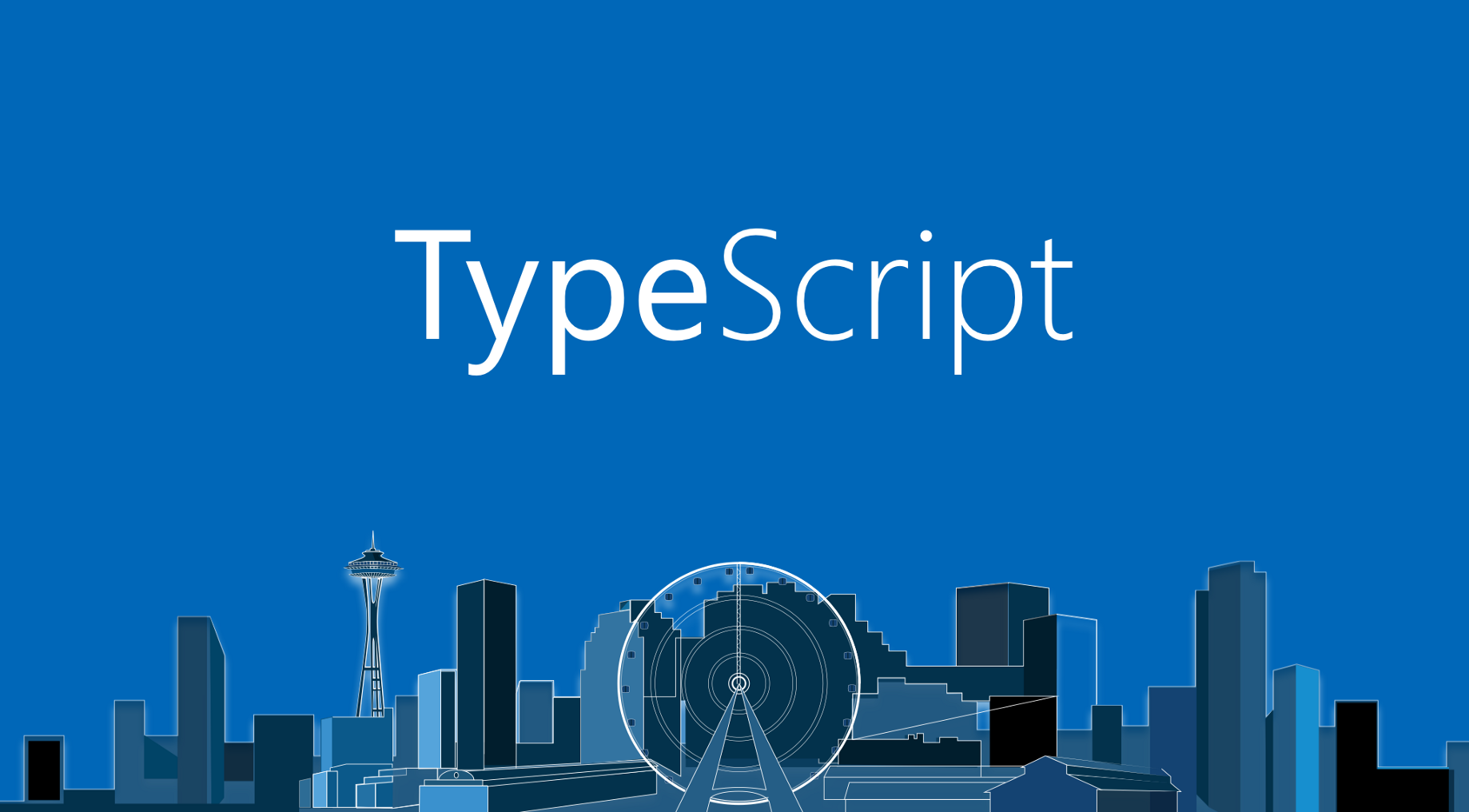
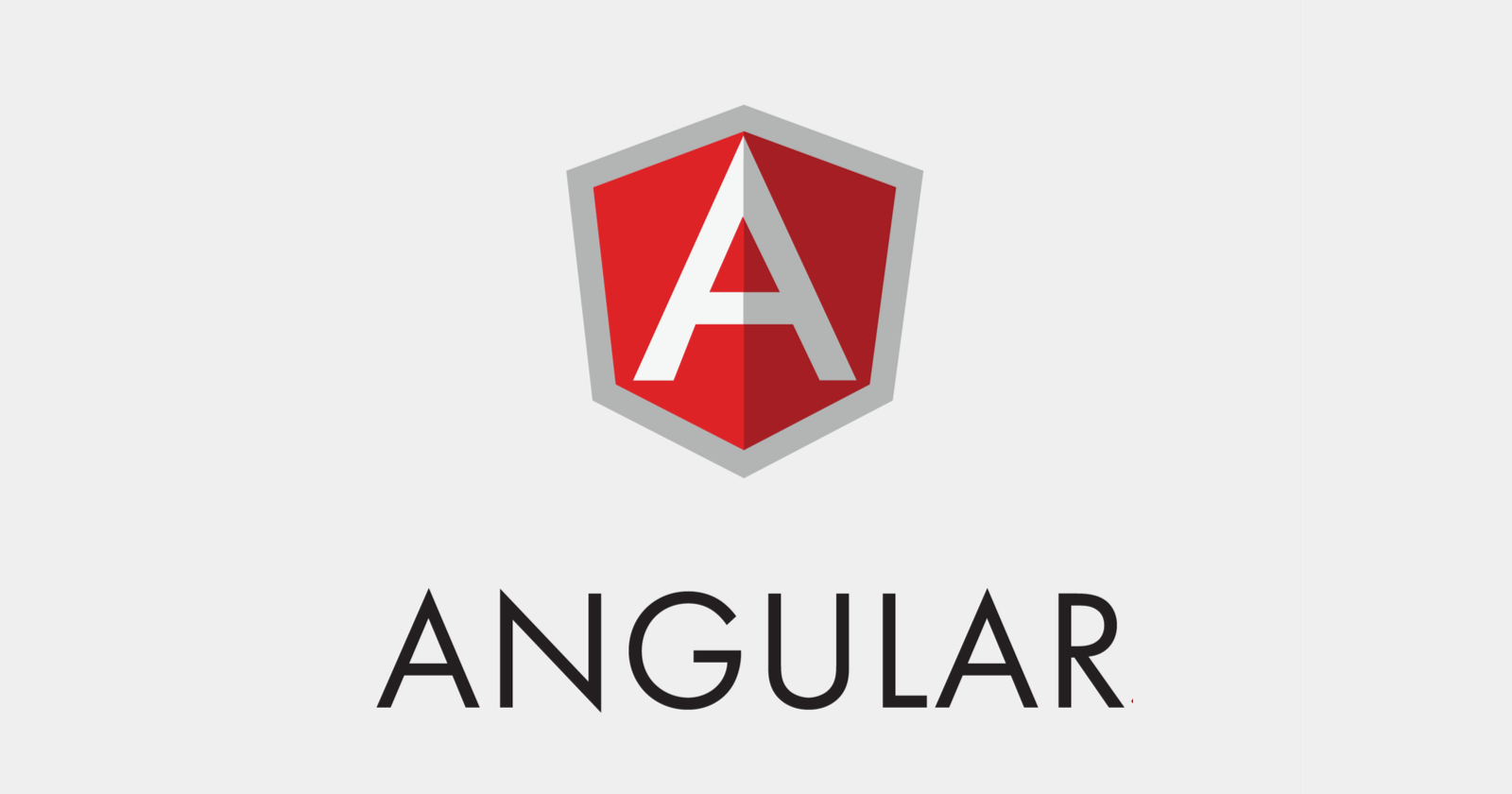

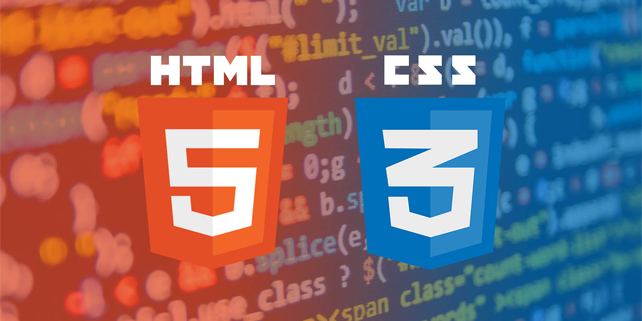

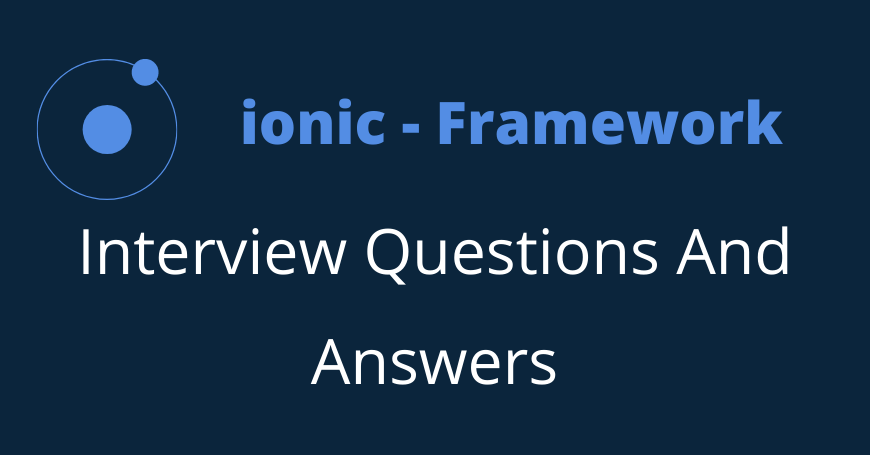



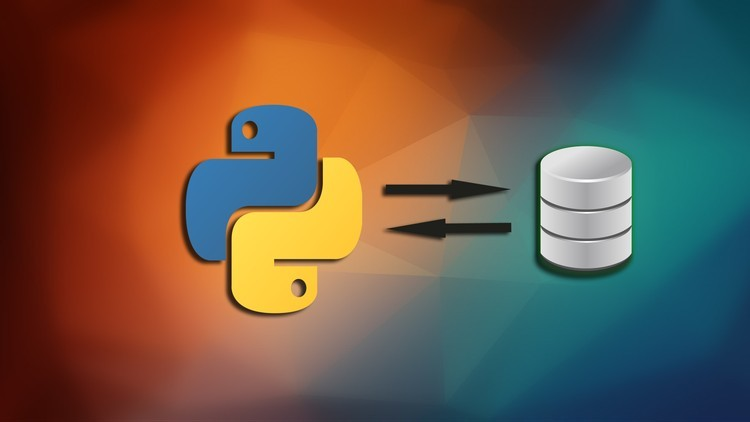
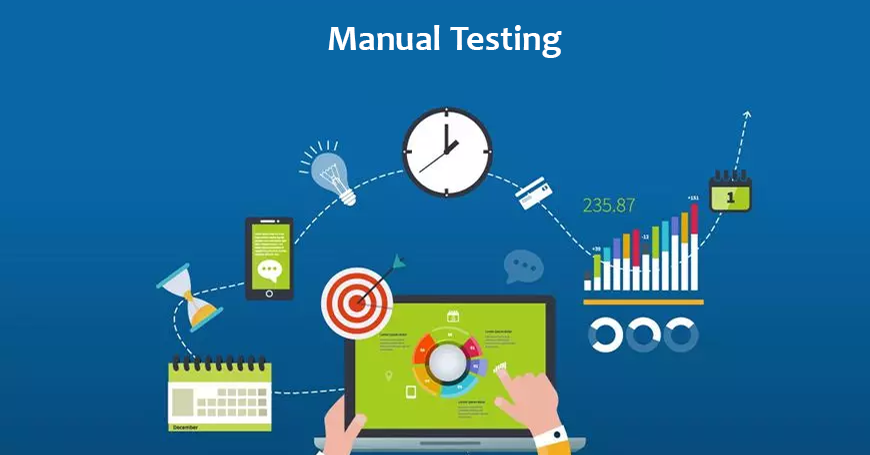


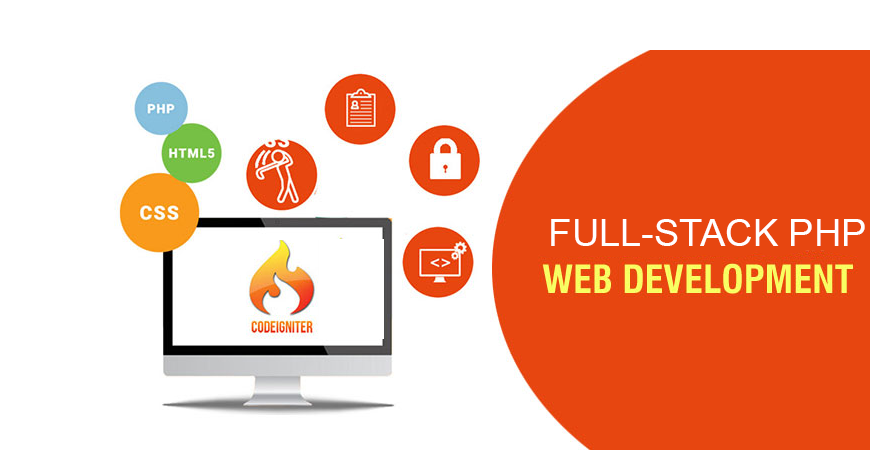
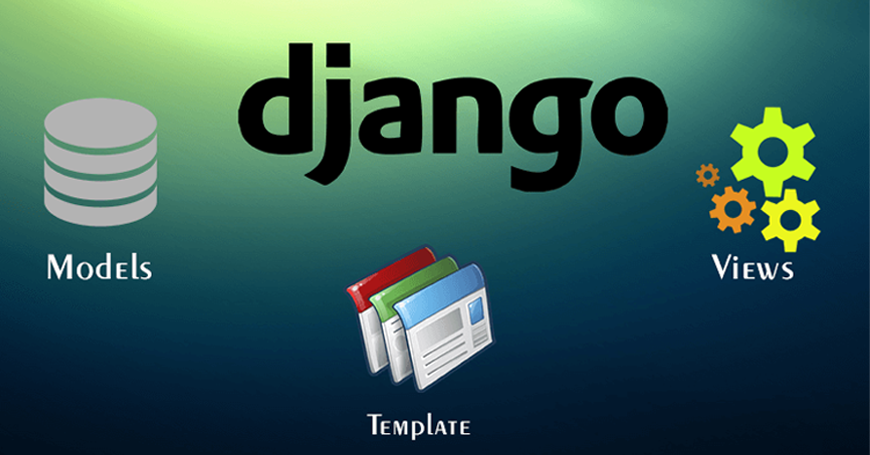
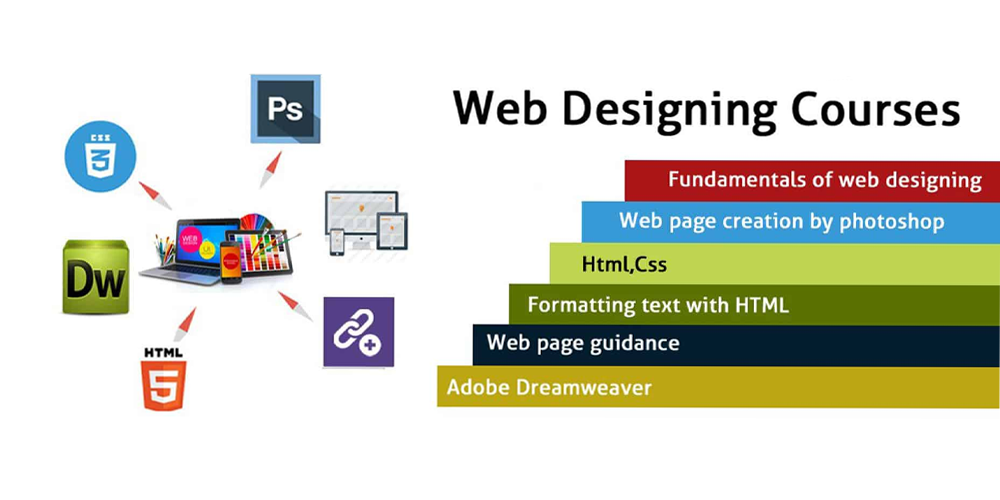


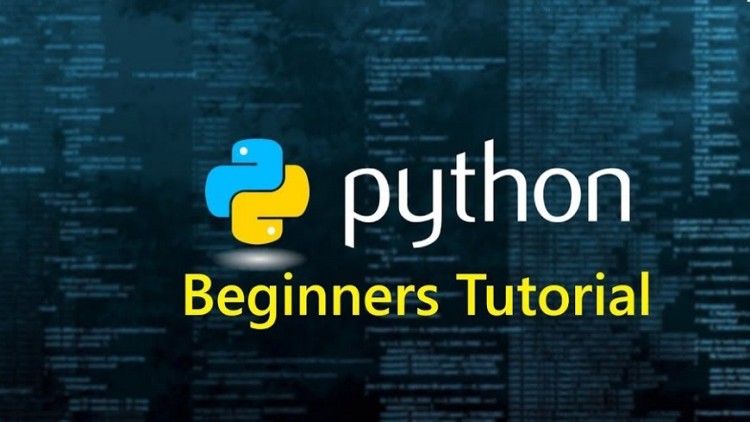
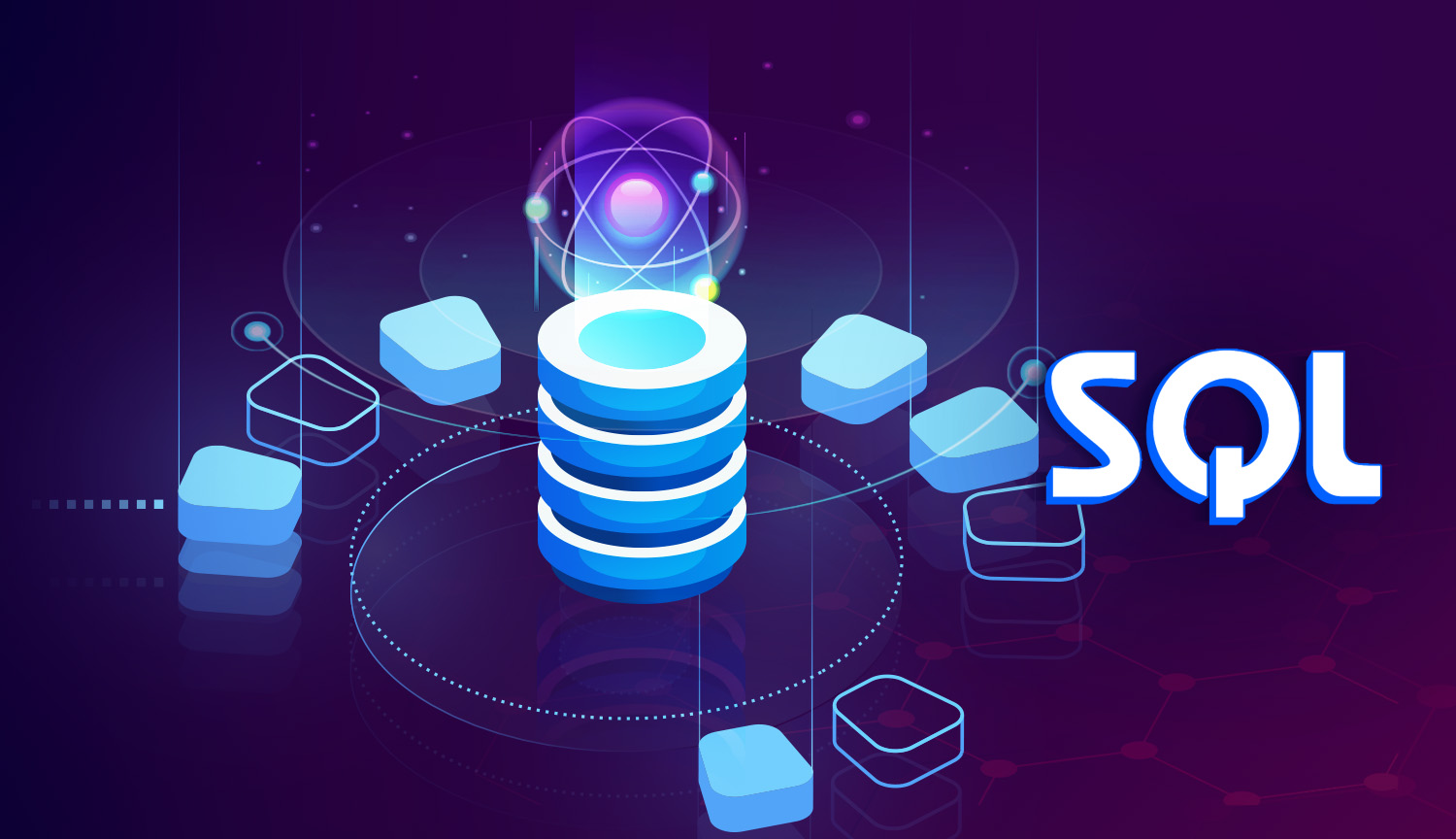
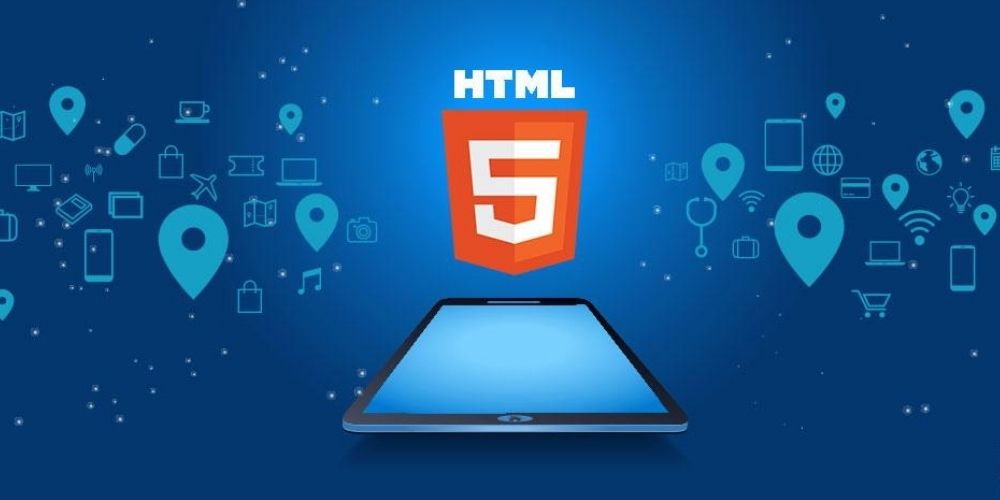

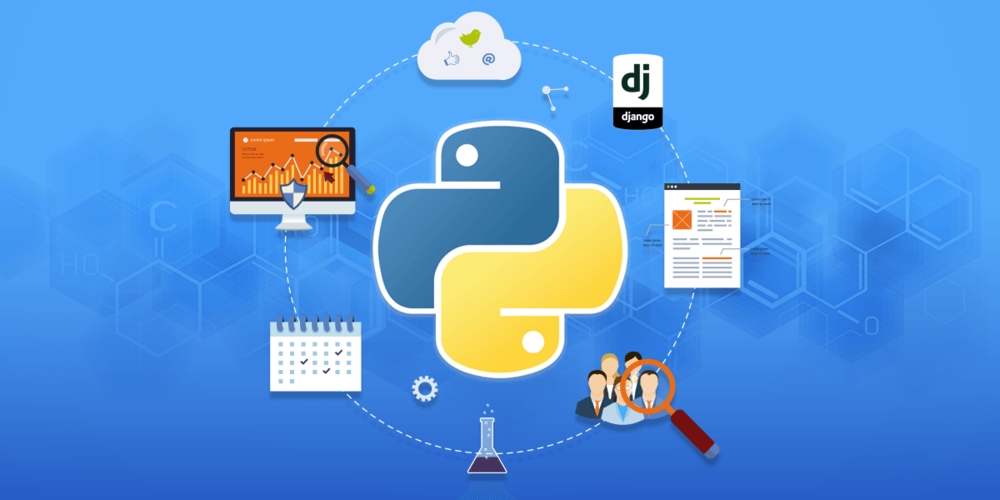
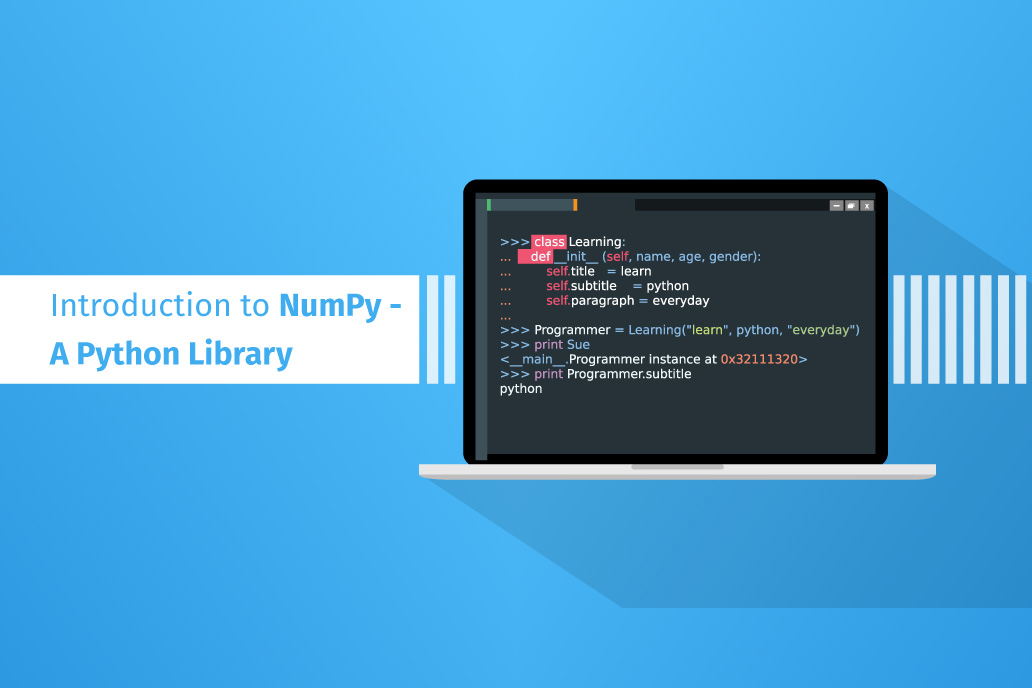
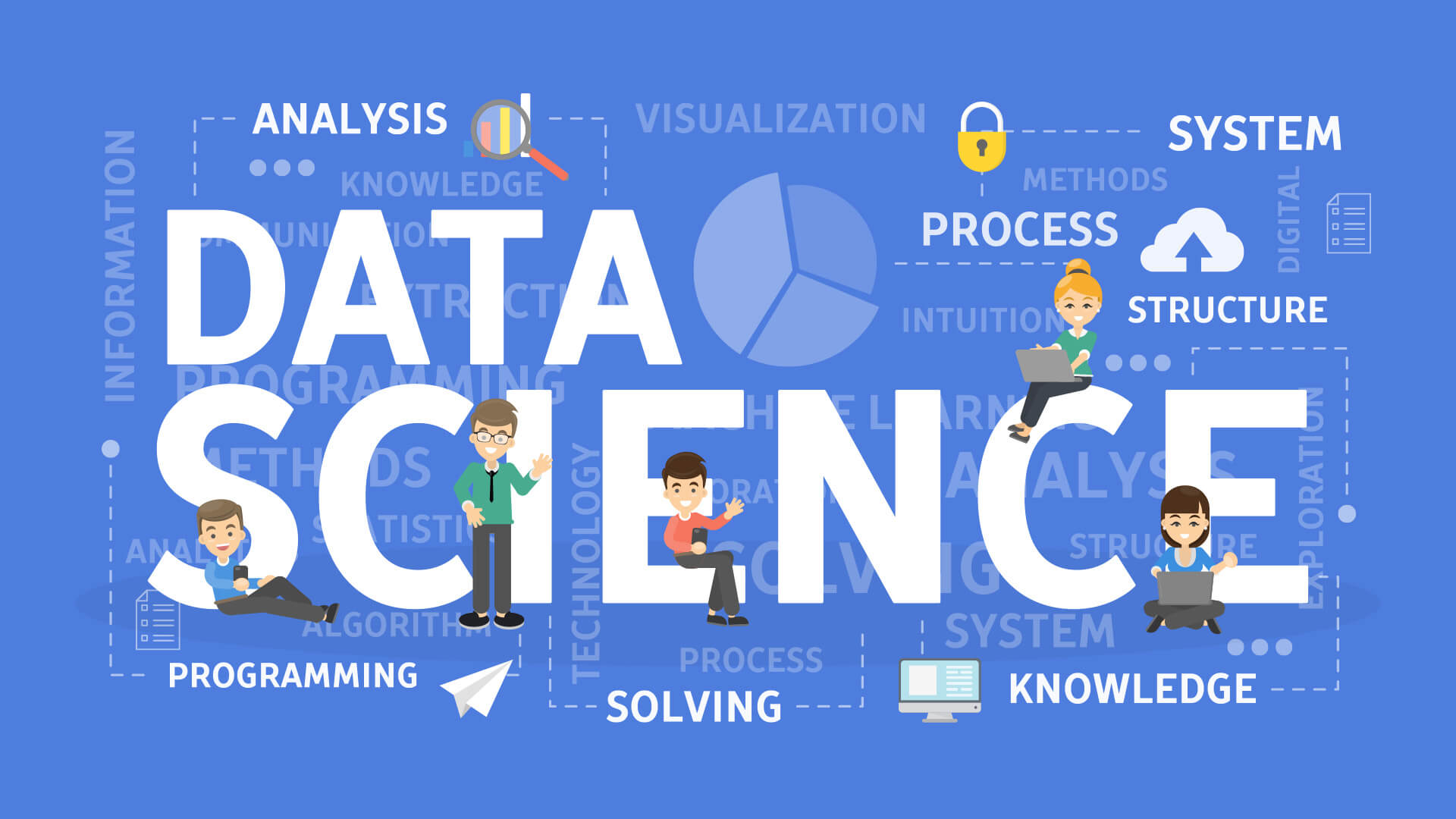

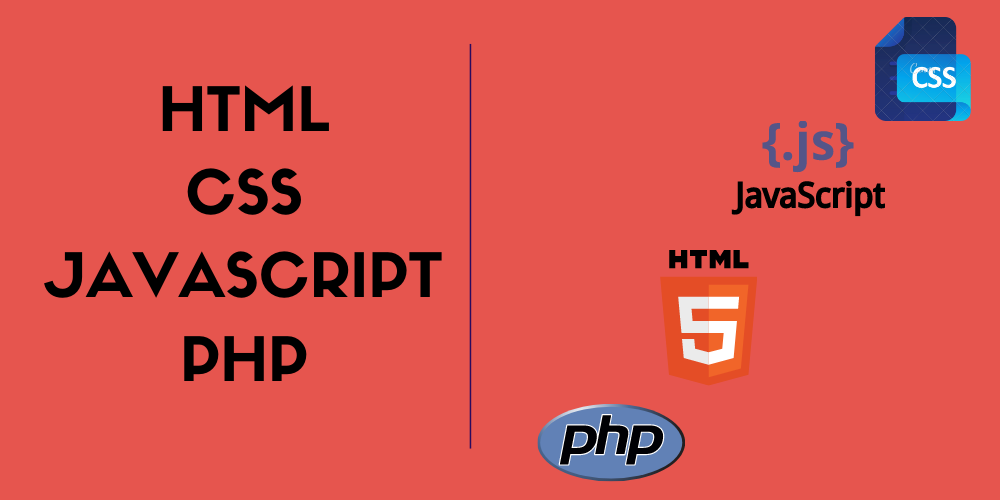
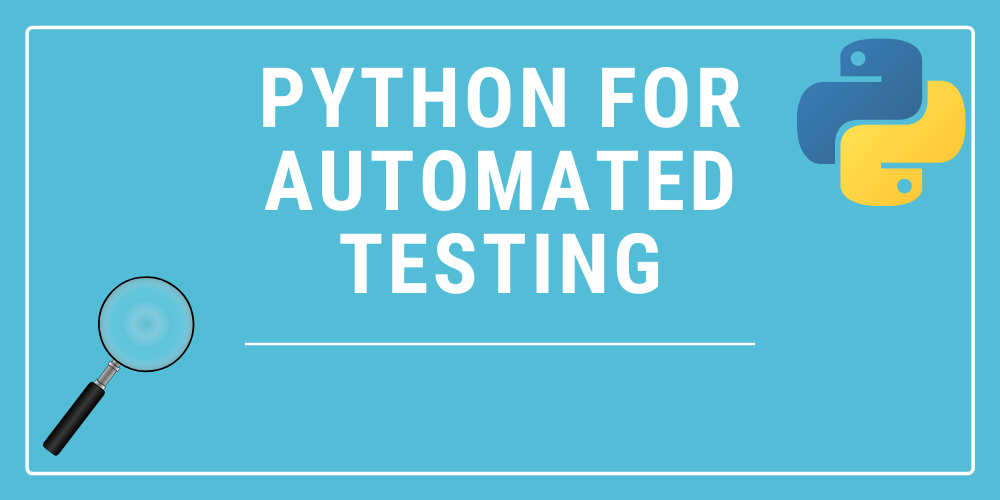


4.png)

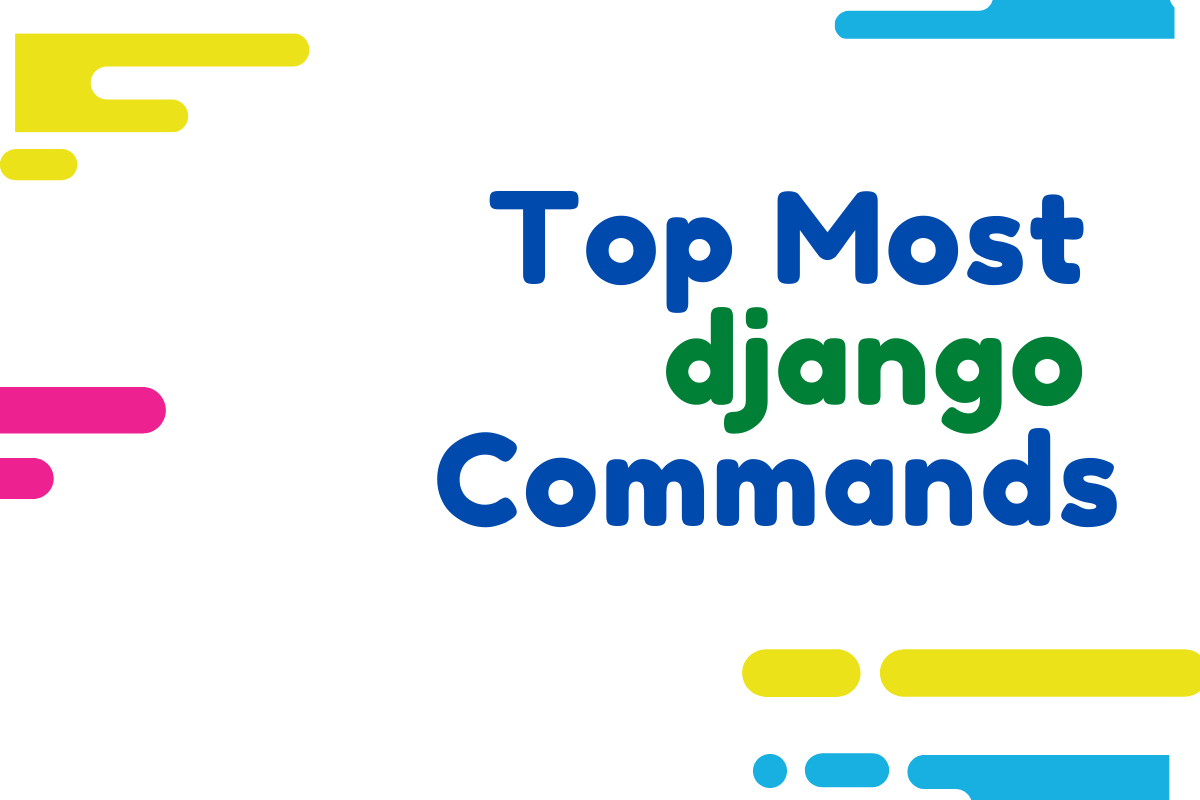
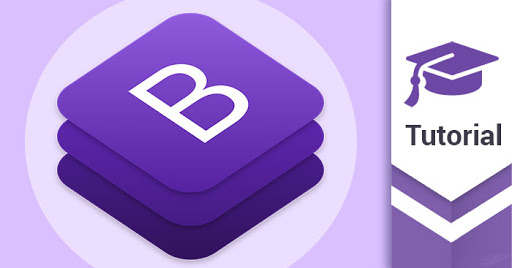
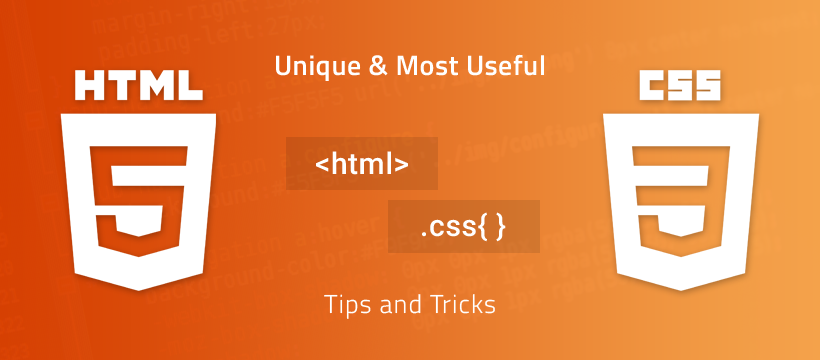





0 Replies to “Best Tools For Remote Software Development Teams”
Leave a Reply
Your email address will not be published.